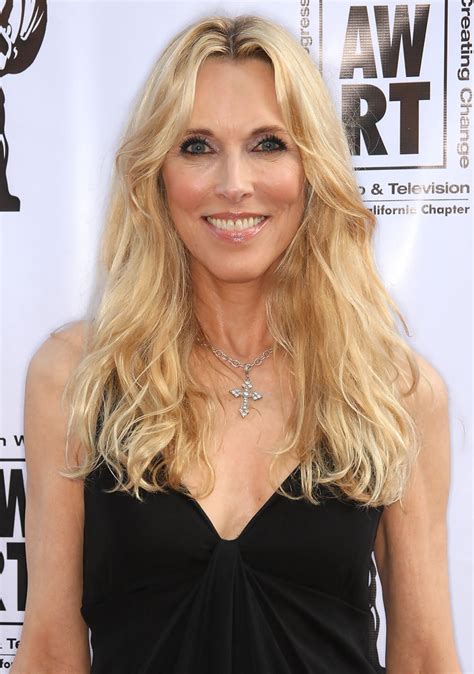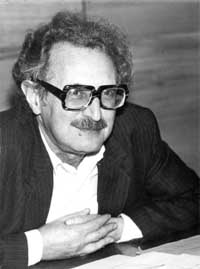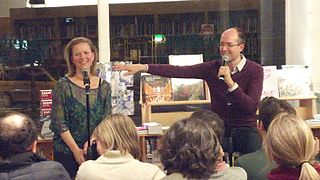A Quote by Lucy Maud Montgomery
Night is beautiful when you are happy--comforting when you are in grief--terrible when you are lonely and unhappy.
Related Quotes
In a vacuum all photons travel at the same speed. They slow down when travelling through air or water or glass. Photons of different energies are slowed down at different rates. If Tolstoy had known this, would he have recognised the terrible untruth at the beginning of Anna Karenina? 'All happy families are alike; every unhappy family is unhappy in its own particular way.' In fact it's the other way around. Happiness is a specific. Misery is a generalisation. People usually know exactly why they are happy. They very rarely know why they are miserable.
In the country, I stopped being a person who, in the words of Sylvia Boorstein, startles easily. I grew calmer, but beneath that calm was a deep well of loneliness I hadn't known was there. ... Anxiety was my fuel. When I stopped, it was all waiting for me: fear, anger, grief, despair, and that terrible, terrible loneliness. What was it about? I was hardly alone. I loved my husband and son. I had great friends, colleagues, students. In the quiet, in the extra hours, I was forced to ask the question, and to listen carefully to the answer: I was lonely for myself. [p. 123]




































